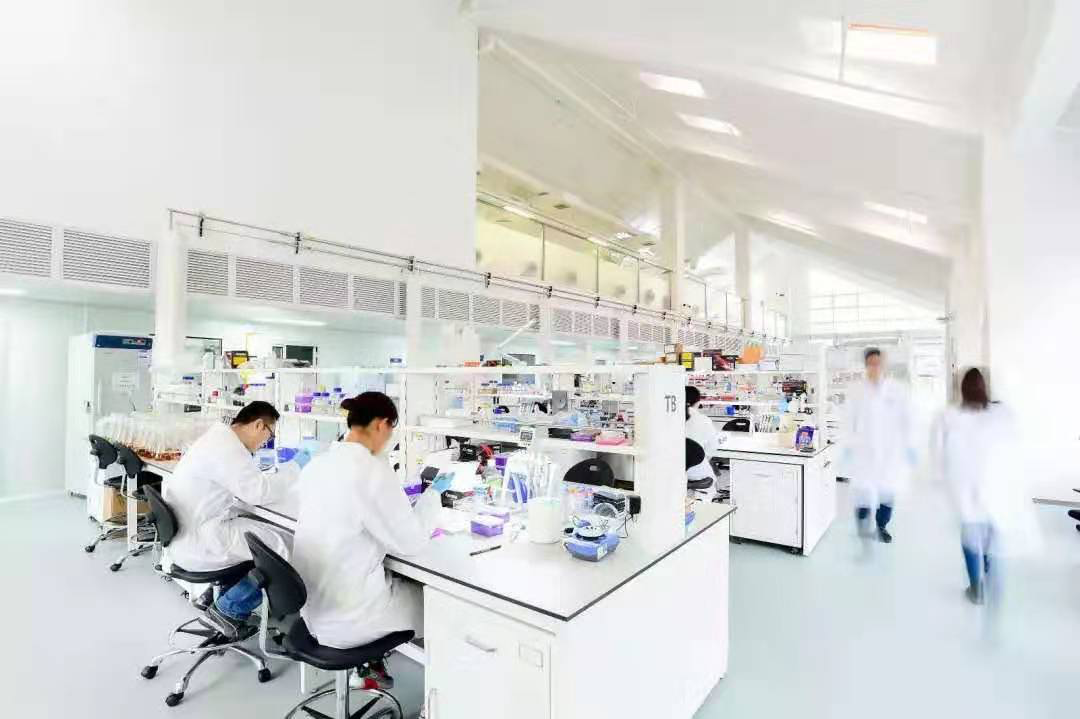GHDDI Joins Global Initiative to Seek Rapid Cure to Reduce TB Treatment Time to One Month
Beijing, Oct. 24, 2019-Global Health Drug Discovery Institute (GHDDI) announced today it is now a member of the Tuberculosis Drug Accelerator (TBDA) partnership, making it the groundbreaking initiative’s only member from China that aims to speed up the discovery of essential new treatments for tuberculosis (TB), the world’s leading infectious killer.

Jointly launched in June 2012 with support from the Bill & Melinda Gates Foundation, the TBDA targets the discovery of new TB drugs by collaborating on early-stage research. The long-term goal of the TBDA is to create, by 2024, a TB drug regimen that cures patients in only one month.
The partnership now comprises of 21 members, including the world’s leading pharmaceutical companies, major universities, and top research institutes and non-profit organizations in the field.
GHDDI’s membership request was unanimously endorsed by TBDA in late September.
Based in Beijing, GHDDI’s team of international scientists work across a wide range of diseases that disproportionately affect populations in the developing world, including but not limited to TB, malaria, helminth infections, EED (Environmental Enteric Dysfunction), etc.
Other major members in the Alliance include GSK, Merck, Bayer, Harvard University, Cornell University, Calibr at Scripps Research and TB Alliance etc.
Dr. Peter Warner, Senior Program Officer at the Bill & Melinda Gates Foundation, said: “The TBDA members recognize that GHDDI has developed as a research organization to the point where they can be confident that it will sustainably enhance the TBDA’s project portfolio and bring growing expertise and capacity to the field.”
Dr. Sheng Ding, Institute Director at GHDDI and Dean of School of Pharmaceutical Sciences at Tsinghua University, said: “As a new member in the organization, GHDDI will be able to better collaborate with and utilize the best expertise and resources in the TB drug discovery community; at the same time, GHDDI will leverage its own unique expertise in Structural Biology, Artificial Intelligence (AI), novel target/disease biology, as well as patient samples and population in China to contribute to the global TB drug discovery community.”
The partnership’s participating pharmaceutical companies will open targeted sections of their compound libraries and share data with the other pharmaceutical companies and research institutions.
Noting that TBDA members are complementary to each other in terms of expertise, GHDDI sees that its strength will be the use of AI to significantly shorten the time needed to select drug targets.
TB is a contagious disease caused by a bacterial infection that affects the lungs and other organs.
The disease sickened 10 million people worldwide in 2017 alone, according to the World Health Organization’s World Tuberculosis Report 2018, ultimately killing 1.6 million – a toll greater than that of HIV, malaria, measles and Ebola combined. Nearly 1.8 billion people, or roughly one in four of the world’s population, are carrying the bacterium that causes the disease.
Current TB regimens drive down bacterial levels quickly but require months of treatment to rid the body of all TB bacterium. TB patients usually must take medication for six to nine months to stand a chance of being cured.
Such long treatment schedules can lead to low compliance, especially in cases where patients experience adverse drug reactions. Moreover, long treatment and combining multiple drugs can also lead to drug resistance.
The only way to overcome these obstacles is through a shorter and more effective regimen.


